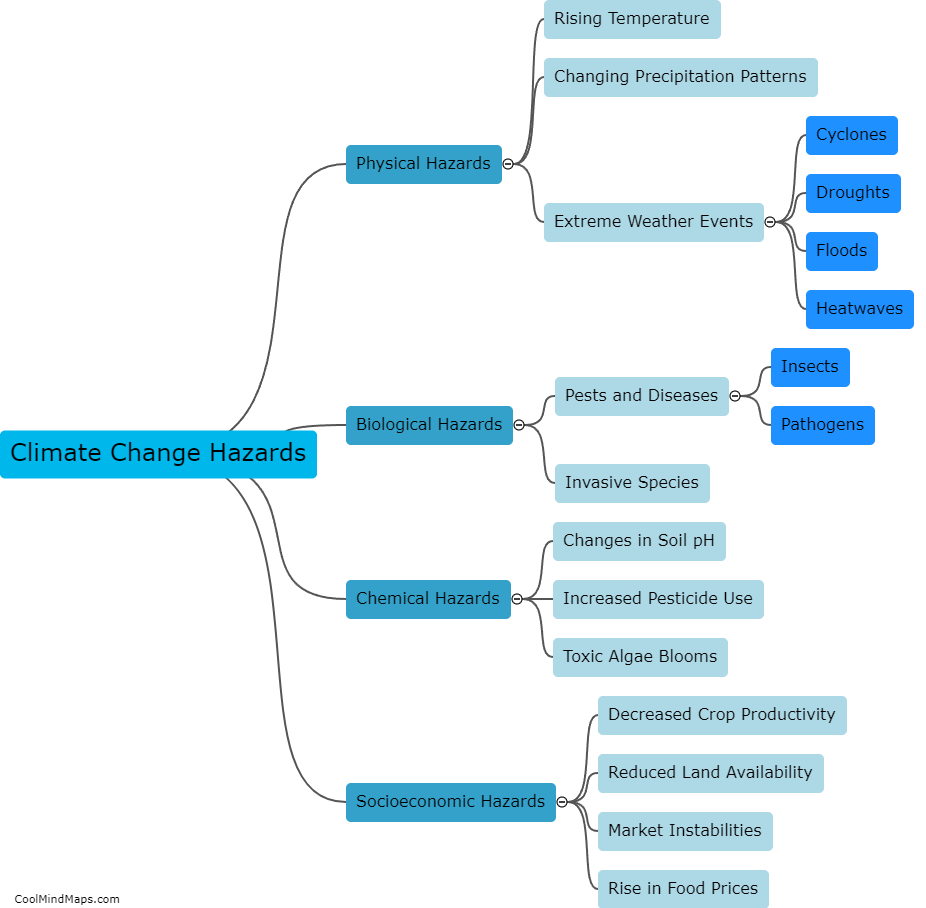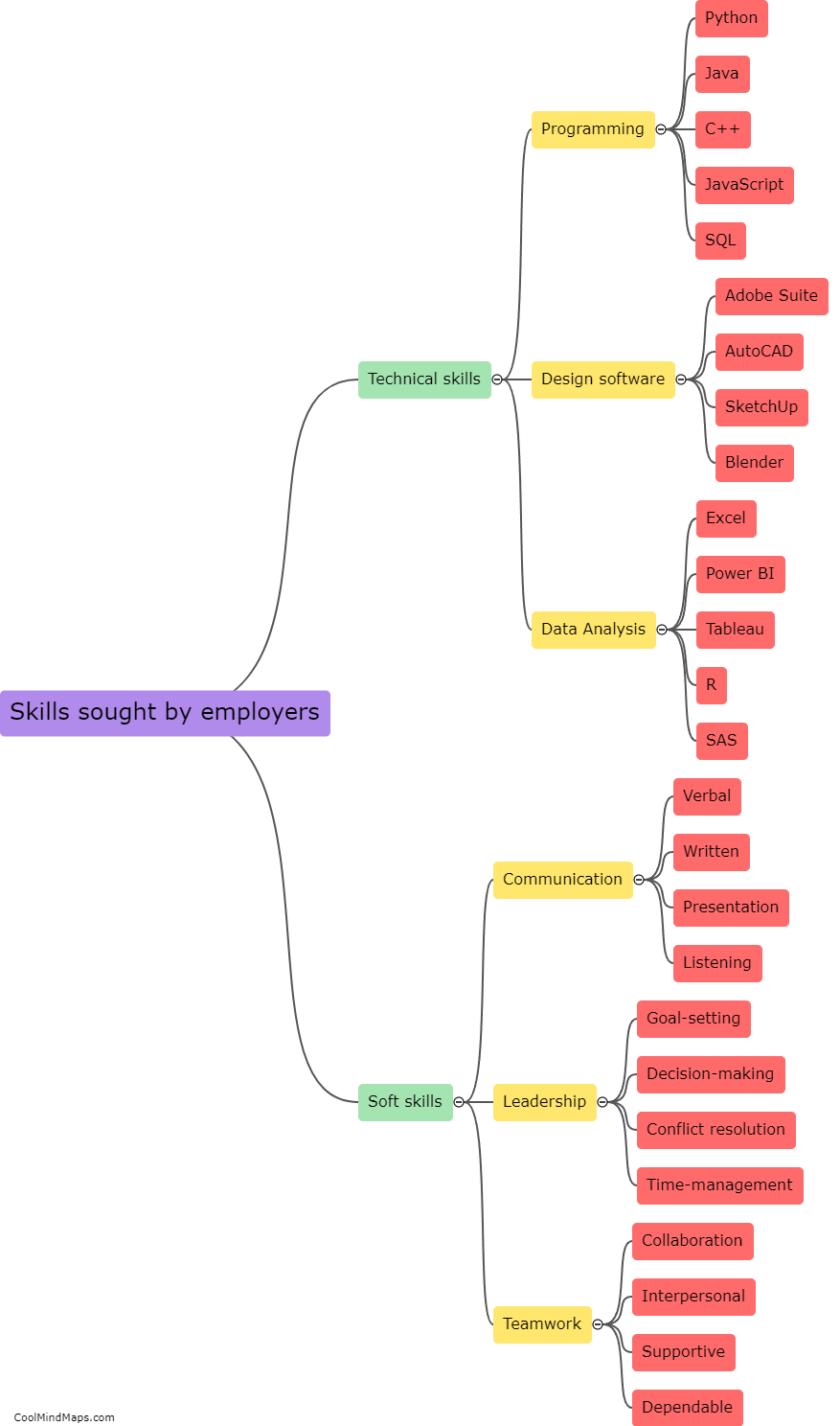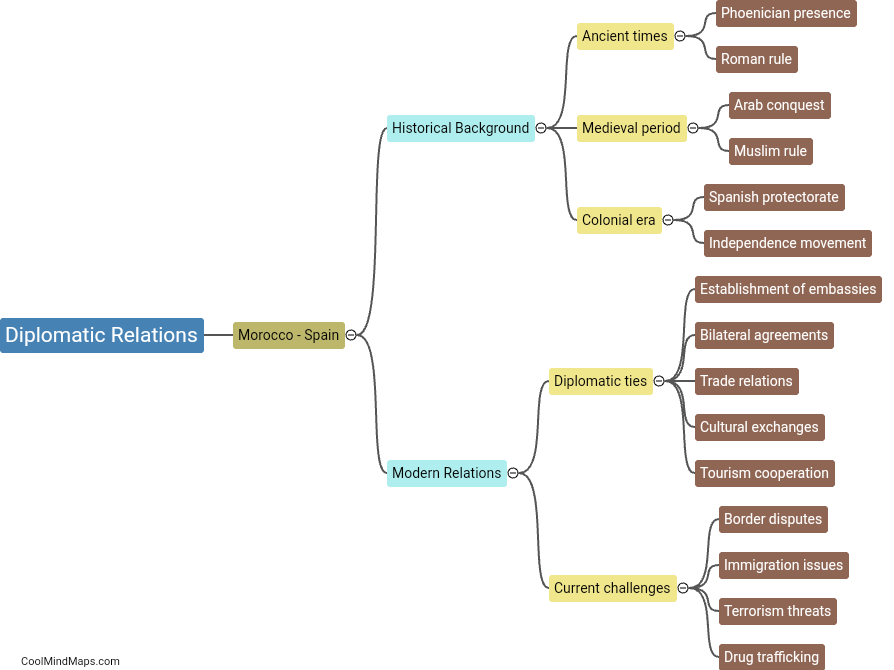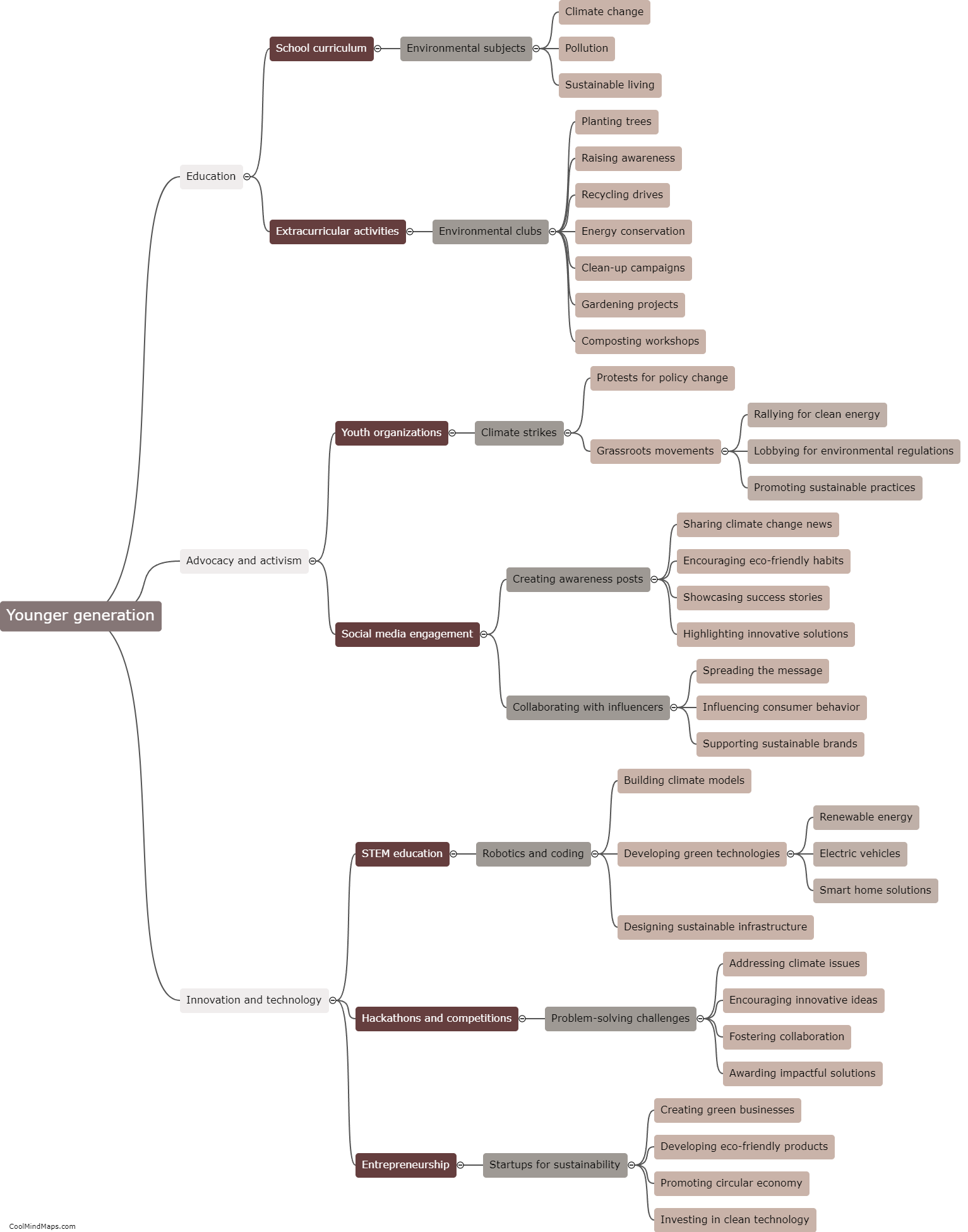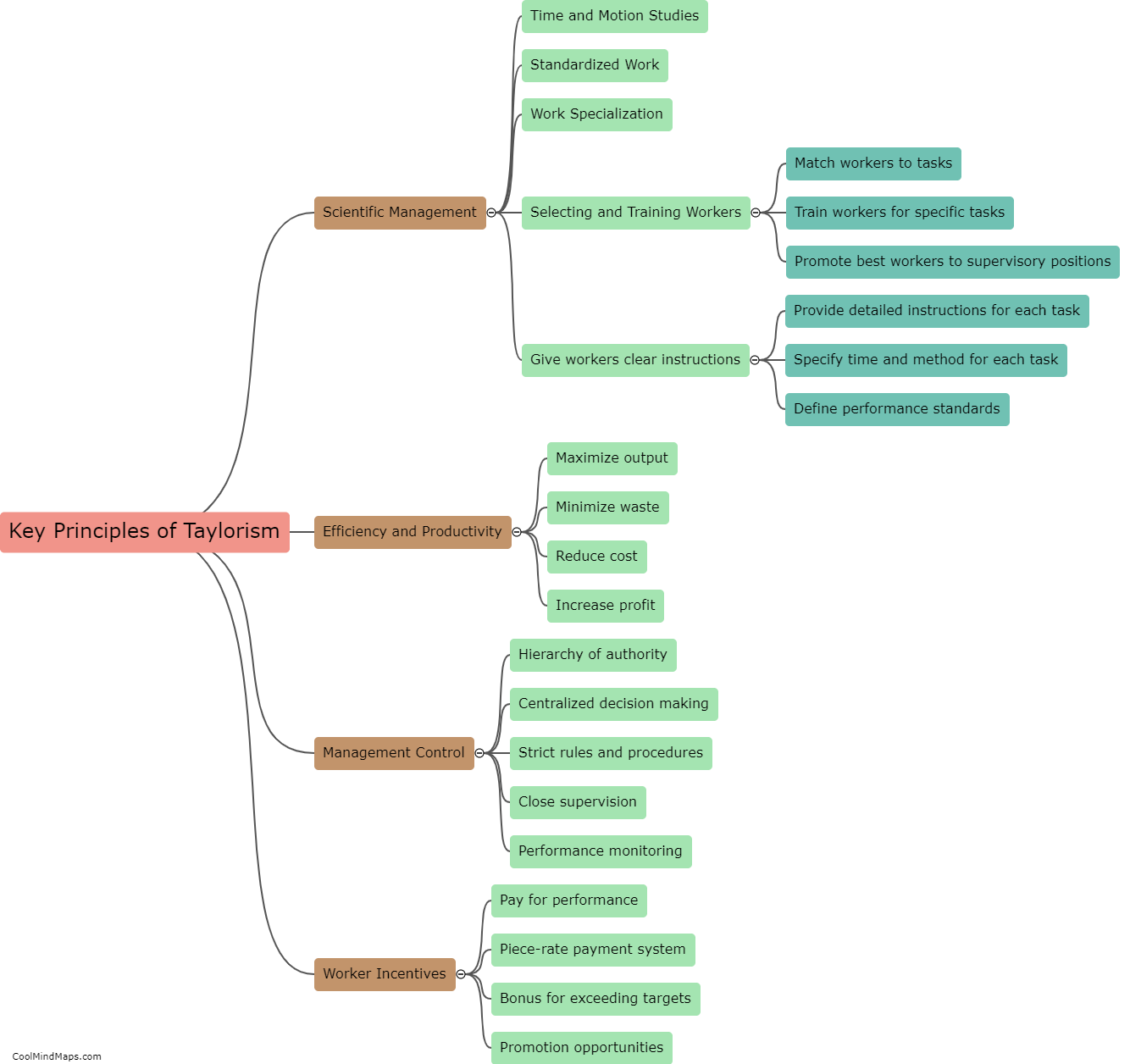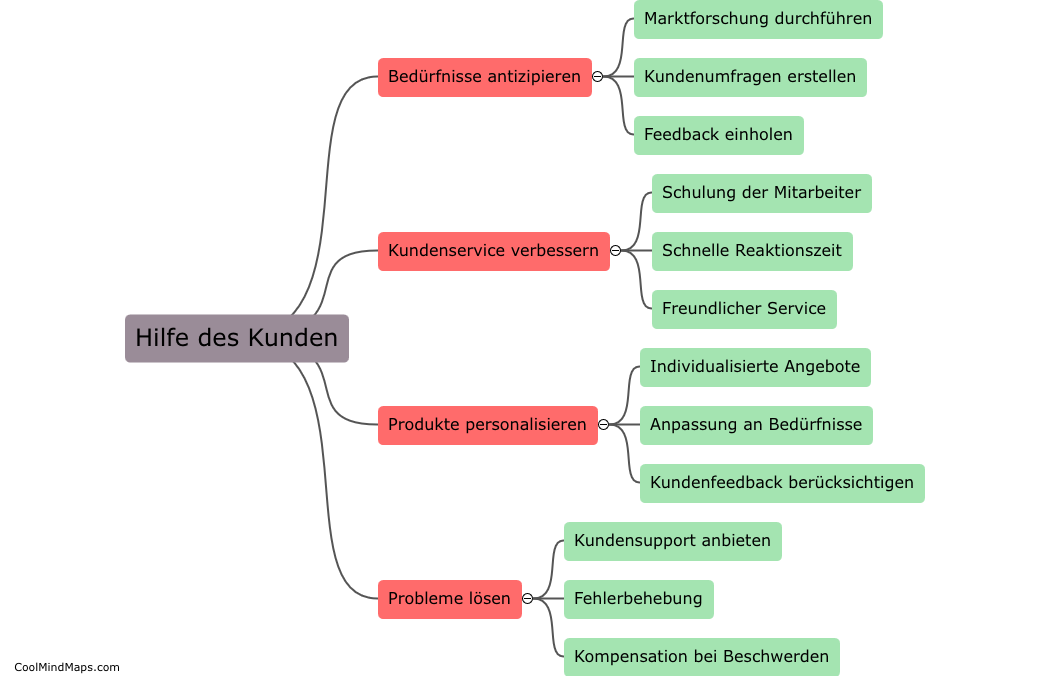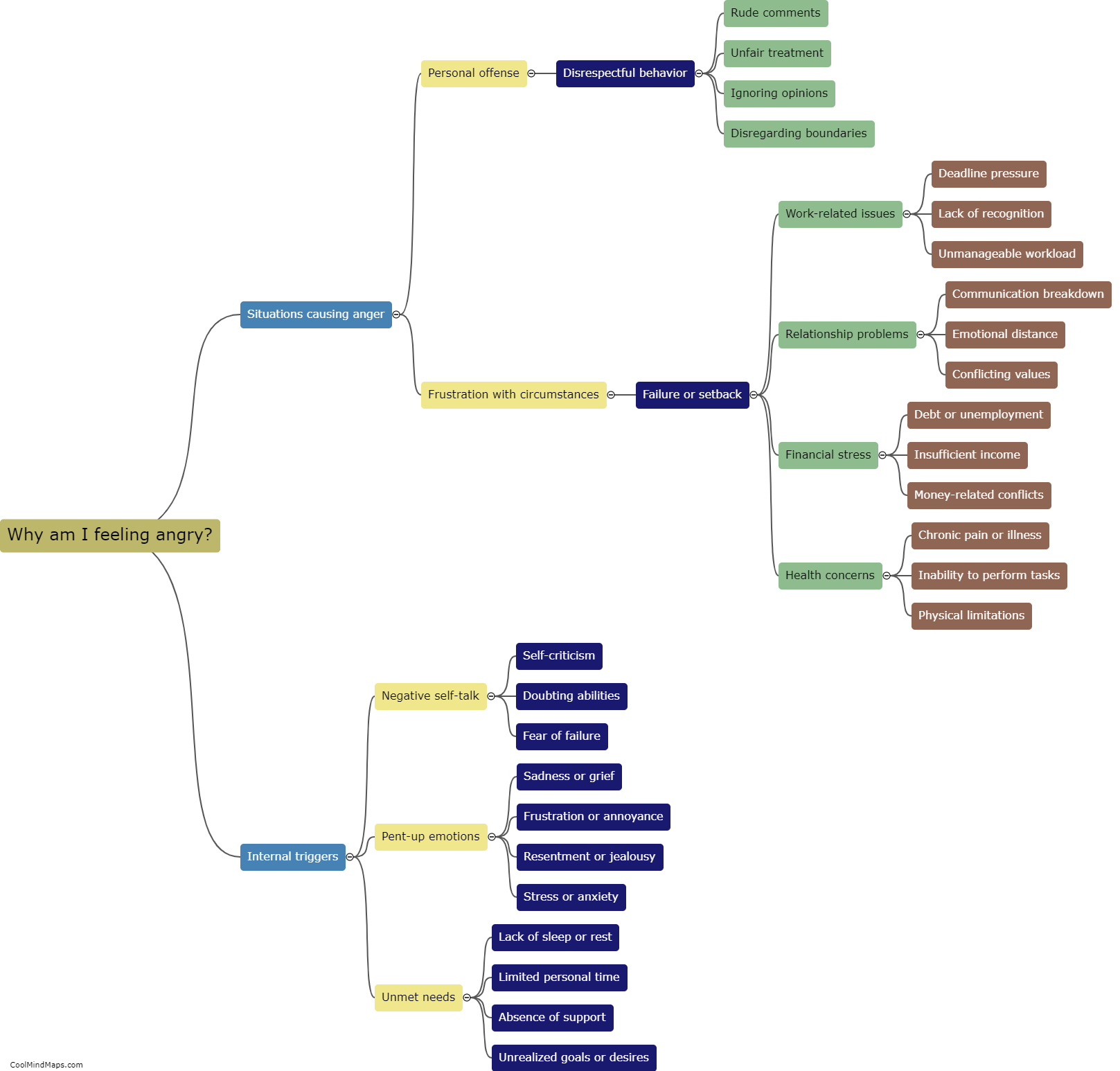What are the key principles of classical organizational theory?
Classical organizational theory, also known as classical management theory, encompasses a set of key principles that aim to improve organizational efficiency and productivity. These principles, developed by management scholars like Henri Fayol and Frederick Taylor during the late 19th and early 20th centuries, emphasize a hierarchical structure, division of labor, standardized processes, and a clear chain of command. Specialization, where employees specialize in a specific task, helps streamline operations, while bureaucratic control ensures consistency and adherence to established rules and procedures. Additionally, principles like unity of command and scalar chain establish a clear line of authority and communication within the organization. Classical organizational theory highlights the importance of these core principles for organizations to function effectively and achieve desired outcomes.
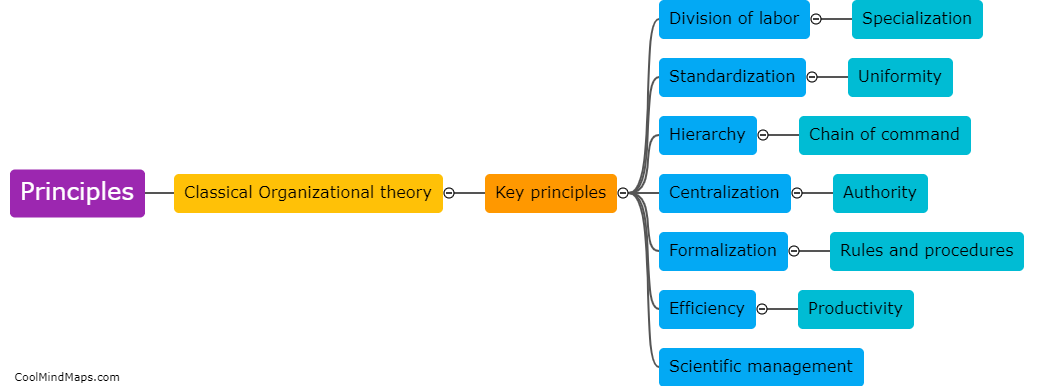
This mind map was published on 27 November 2023 and has been viewed 98 times.


